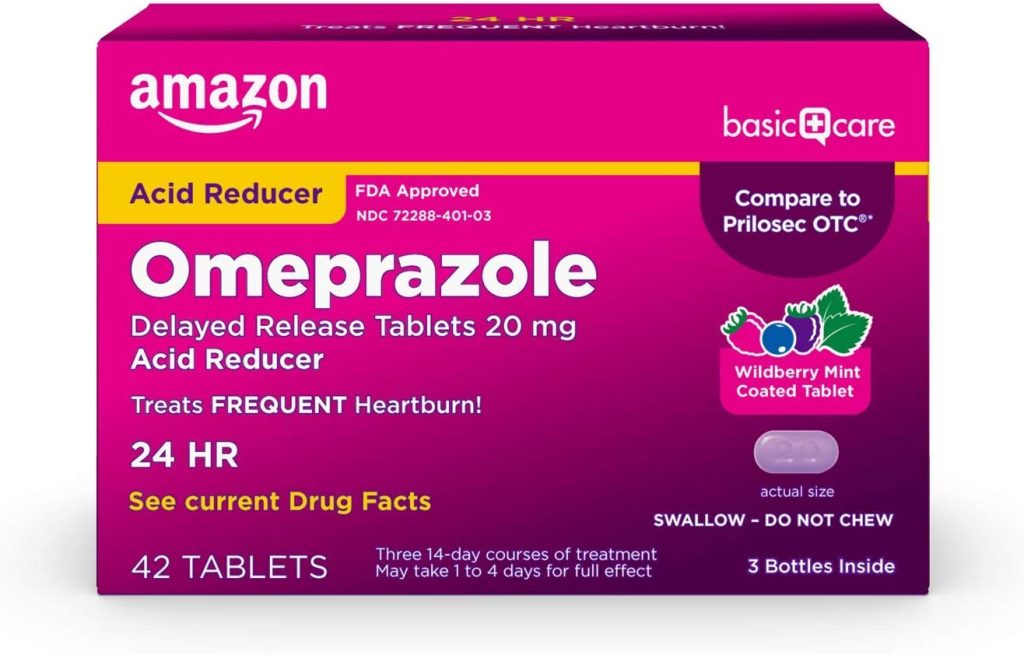How Soon Can You Drink Coffee After Taking Omeprazole?
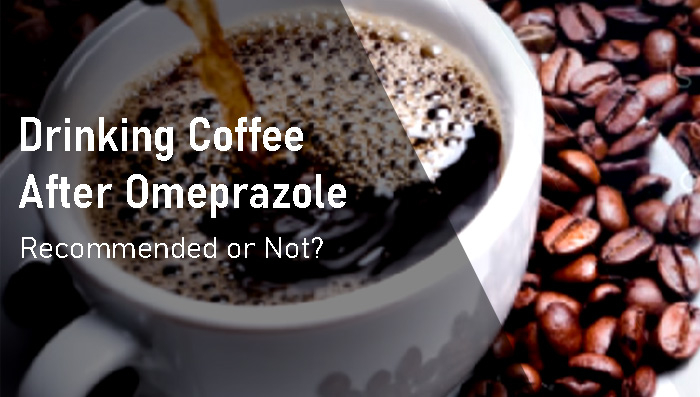
It’s common knowledge that coffee contains caffeine. However, very few people know that caffeine is a natural stimulant for the human body. It binds to or activates specific receptors in the human body, enhancing or reducing several biological processes. As a result, coffee can affect the outcome of several other medications. The same happens with coffee and Omeprazole. Therefore, many want to know how soon you can drink coffee after taking omeprazole.
Many people use omeprazole for stomach-related diseases. Since it directly affects stomach acid production, physicians advise using the drug at least half an hour before any meal. Coffee is acidic and induces gastric acid release. Therefore, similar to any other food, I suggest avoiding coffee when you are on omeprazole or at least waiting half an hour after using it.
You might be feeling overwhelmed with all the information. Well, don’t worry. That was just a slight hint (joking!!). In this blog, I have tried to answer most coffee lovers’ queries fighting GERD, who frequently complain of acidity or chest burning. So, if you often use omeprazole and love coffee, keep reading.
What is an Omeprazole?
Before we move on and talk about how soon you can drink coffee after taking omeprazole, let’s get to know what omeprazole is.
Omeprazole is a tiny superhero that works tirelessly to protect your stomach from acid-related issues. It belongs to a class of medications called proton pump inhibitors (PPIs), like the firefighters that rush to fire (chest burning or acidity) and put it out. In this case, omeprazole blocks the pumps in your stomach that produce acid. Thus, it treats conditions such as GERD, ulcers, and Zollinger-Ellison syndrome.
This little warrior comes in a capsule or tablet, typically taken once a day, half an hour before any meal. So, whenever you take a dose of omeprazole, it immediately starts reducing stomach acid secretion, relieving uncomfortable symptoms, and allowing your body to heal.
What Is Omeprazole Used For:
Omeprazole is a powerful medication with many clinical indications or uses. This versatile drug is mainly used to treat conditions with excess gastric acid. These diseases include;
- Digestive tract Ulcers, especially stomach ulcers
- Erosive esophagitis
- Gastroesophageal Reflux Disease (GERD): Shows severe heartburn and regurgitation and causes difficulty swallowing.
- Zollinger-Ellison syndrome: Causes the stomach to produce too much acid, leading to ulcers and other symptoms in the digestive tract.
- Dyspepsia: Causes bloating, discomfort, and other symptoms in the upper gastrointestinal tract.
- GI Bleeding Treatment (In severe conditions)
- H-pylori-induced Stomach Infections. (Doctors prescribe it in combination with antibiotics)
Since omeprazole is easily available in medical stores, people misuse it without a prescription. However, that’s an utterly unfair practice. Like any other drug, it comes with several side effects if misused. Therefore, always consult a doctor before you use it.
Why We Should Avoid Coffee When Using Omeprazole:
Are you looking to treat your gastric acid disease with omeprazole? It would be best if you held off on that cup of joe. While coffee might be your go-to morning pick-me-up, it can worsen your symptoms when used with omeprazole.
Firstly, Coffee is a caffeine-laden beverage that can trigger contractions throughout your digestive system. Thus, it potentially worsens stomach issues and related medical conditions. Plus, it can cause the stomach secretions to increase, irritating your gut and potentially leading to further digestive issues.
Moreover, coffee is packed with acids like chlorogenic acid and N-alkanoyl-5-hydroxytryptamine, which can increase stomach acid secretion. Since omeprazole aims to reduce stomach acid production, drinking coffee can interfere with the medication’s efficacy.
In addition, if you drink coffee often, it can also directly irritate the stomach lining, leading to inflammation and discomfort. Hence, drinking coffee after omeprazole or vice versa may exacerbate underlying digestive issues and increase discomfort or symptoms. Furthermore, it will also slow down the healing process.
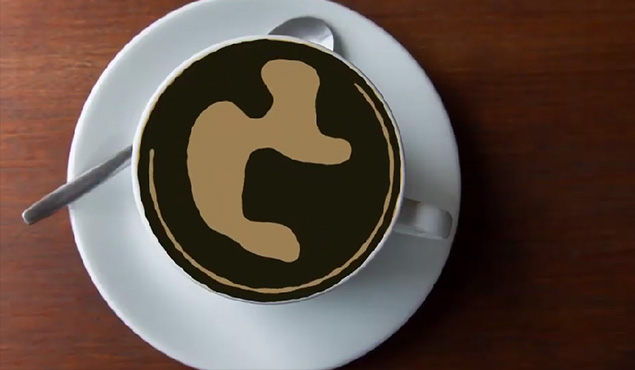
How Long Should You Wait Before Taking Coffee After Omeprazole:
As you know, omeprazole soothes acidity and heals stomach issues and gastric problems. To ensure it works effectively, taking it at least 30 minutes before eating is recommended. Food can affect how your body absorbs and processes the medication, reducing its effectiveness in treating gastric acid diseases.
As for coffee, it’s best to wait at least 30 minutes after taking omeprazole before drinking it. As discussed earlier, coffee is an acidic drink that can stimulate stomach acid production, potentially counteracting omeprazole’s effects. Waiting at least 30 minutes after taking the medication can help ensure it’s fully absorbed and working in your body before exposing your stomach to coffee.
Additionally, you might not want your acidity and chest burning to escalate due to coffee. So, drink coffee with lighter roast or bigger grounds, or avoid coffee altogether.
Cons Of Drinking Coffee After Omeprazole:
If you take omeprazole to manage your gastric acid disease, it’s important to be aware of the potential cons of drinking coffee right after taking the medication. Here are a few reasons why:
- Consuming Coffee increases baseline acid release by acting on the stomach lining.
- Stimulate gastric hormone secretion.
- Relaxes lower esophageal sphincter allowing acid to flow back to the esophagus, enhancing GERD symptoms like heartburn.
- Worsening stomach or GERD symptoms
- If your omeprazole isn’t working as well as it should, coffee could be one of the culprits. Some research suggests that coffee can reduce the effectiveness of omeprazole in managing acid reflux symptoms.
Why Decaf Is The Best Alternative Of Coffee For Gerd Patients:
Are you suffering from a medical condition and still want your morning k-cup? Are you finding a suitable alternative to your morning cup of coffee? Well, chill off because decaffeinated coffee is here to save the day!
Decaffeinated coffee is a great alternative for patients taking omeprazole or other medications to relieve gastric acid reflux. It is because it contains far less caffeine than regular ones. Normal coffee contains 95 g of caffeine per cup, while decaffeinated coffee contains only 3g per cup.
Hence, decaf’s effect on the frequency of contractions throughout the digestive tract is 95% reduced compared to those drinking caffeinated coffee. By choosing decaffeinated, you can still enjoy the rich, comforting taste of coffee without worrying about the negative effects of caffeine on your digestive system.
Studies have shown that decaf coffee may even have some health benefits for individuals with GERD. It contains certain compounds that may help reduce inflammation in the esophagus, which can be especially beneficial for individuals with chronic acid reflux. Hence, decaf is still a good source of antioxidants and other beneficial nutrients. So you don’t have to sacrifice any health benefits by switching to decaf.
Decaf coffee’s rich taste and aroma can satisfy your craving to drink coffee without worsening your disease. Hence, you can easily avoid drinking coffee and still have a blasting morning.
Eating Guide For Omeprazole users:
We know that medication is a crucial aspect of treatment. However, eating habits impact your GERD or stomach acid-related disease symptoms significantly. Certain foods can trigger or exacerbate acid reflux, while others may soothe and relieve discomfort. In this guide, we’ll explore the best and worst foods for omeprazole users to help you make informed dietary choices and manage your condition effectively.
Foods Best For Patients Using Omeprazole:
- Lean protein sources like chicken, fish, and tofu.
- Non-citrus fruits like bananas, melons, and apples.
- Vegetables like leafy greens, broccoli, carrots, and sweet potatoes.
- Whole grains like oatmeal, brown rice, and quinoa.
- Low-fat dairy products like milk, yogurt, and cheese.
- Healthy fats like olive oil, avocado, and nuts.
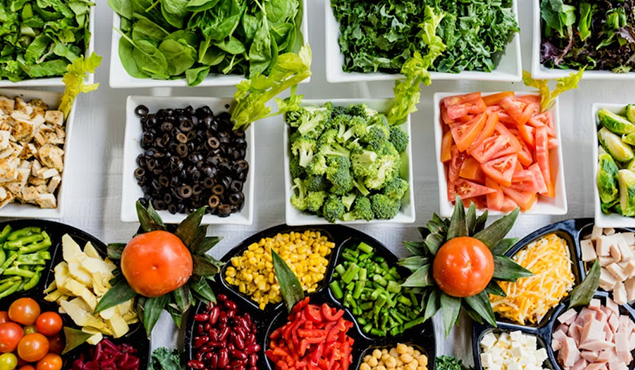
Foods Worst For Patients Using Omeprazole:
- High-fat or fried foods like burgers, pizza, and french fries.
- Spicy or acidic foods like chili, salsa, and citrus fruits.
- Carbonated beverages like soda and sparkling water.
- Alcohol and caffeine.
- Chocolate and peppermint.
- Processed snacks like chips and crackers.
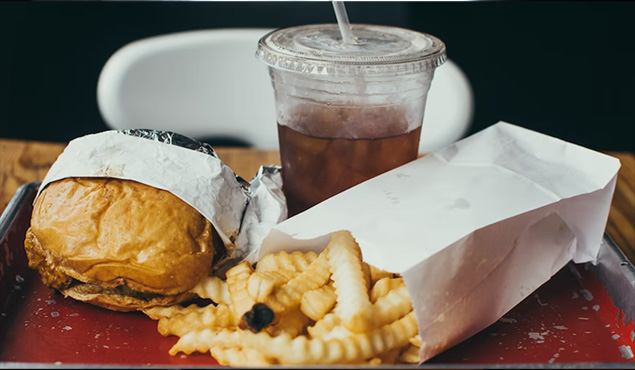
Final Words:
In a nutshell, drinking coffee and using omeprazole does no good for your body. Therefore, either avoid coffee or wait at least half an hour before drinking coffee after taking omeprazole. You can also use hot drink alternatives like decaffeinated coffee or herbal tea to comfort your cravings. So, be cautious with your health and care about your eating.
FAQS:
What Are The Biological Effects Of Coffee?
First, caffeinated drink coffee can make you feel more alert and focused. It’s like a superhero sidekick that helps us power through those early-morning meetings and late-night study sessions.
But that’s not all – coffee also has several other biological effects. For example, it can increase our heart rate and blood pressure, like a mini workout for our cardiovascular system. Additionally, research suggests that it promotes defecation and acts as a diuretic. It means that you may feel like going to the loo multiple times. Well, not a bad thing, though. Besides, thanks to its natural antioxidants, it helps protect our cells from damage caused by harmful molecules called free radicals.
Does Coffee Cause Heartburn?
Yes, coffee can cause heartburn due to its acidic nature and ability to relax the lower esophageal sphincter. As a result, stomach acid flows back into the esophagus, causing heartburn or acidity. However, everyone may not have the same effect because everybody responds differently to different foods.
Is Coffee Acidic In Nature?
Yes, coffee is an acidic beverage. Coffee contains various acids, including chlorogenic acid, citric acid, acetic acid, and quinic acid. These acids can contribute to your morning coffee acidity. Additionally, the pH level of caffeine typically ranges from 4 to 5, which is considered acidic.
Is Latte Better Than Espresso For Omeprazole Users?
Yes, I am positive about that. Latte is better than espresso for people using omeprazole as it contains more milk, which buffers the coffee’s acidity. Additionally, espresso shots are typically higher in caffeine content, which can exacerbate acid reflux symptoms in some people.
Is Dark Roasted Coffee Less Acidic, Better for Gerd Users?
Dark roasted coffee may be less acidic than lighter roasts, but it is not necessarily better for GERD patients. Though darker roasts may have a slightly lower pH level, they still contain compounds like caffeine and acids that can enhance the disease symptoms. Besides, if you want a less acidic coffee to avoid coffee-induced acidity, you can go for larger grounds and darker roasts.
Can I have coffee with omeprazole 20 mg?
It’s better to avoid coffee with omeprazole 20 mg for your good. Though no known interaction exists between coffee and omeprazole, it’s an acidic drink. While omeprazole prevents stomach acid, hence, it can worsen the condition. Besides, always use omeprazole on an empty stomach for better absorption and better healing impacts.
Can you have a hot drink after taking omeprazole?
Of course, not you cannot take hot drinks after omeprazole. Taking hot beverages immediately after omeprazole can reduce its efficacy.
How long does it take omeprazole to dissolve in your stomach?
Once you swallow an omeprazole capsule, it begins its journey down your esophagus and into your stomach. As it enters the stomach’s acidic environment, the capsule’s protective coating dissolves, allowing the drug to be released and absorbed into your bloodstream. Thus the absorption process typically takes about 30 minutes to an hour. However, it may vary depending on factors like digestion rate and stomach contents when you ingest it.
Can I drink milk after taking omeprazole?
Omeprazole reduces the basal acidic secretion level of the stomach. Therefore, taking omeprazole at least 30 minutes before eating or drinking any beverage is advised. Hence, it’s best to wait at least 30 minutes before taking anything by mouth. However, there is no evidence showing that milk interferes with omeprazole. Additionally, milk has a soothing effect on stomach issues.

